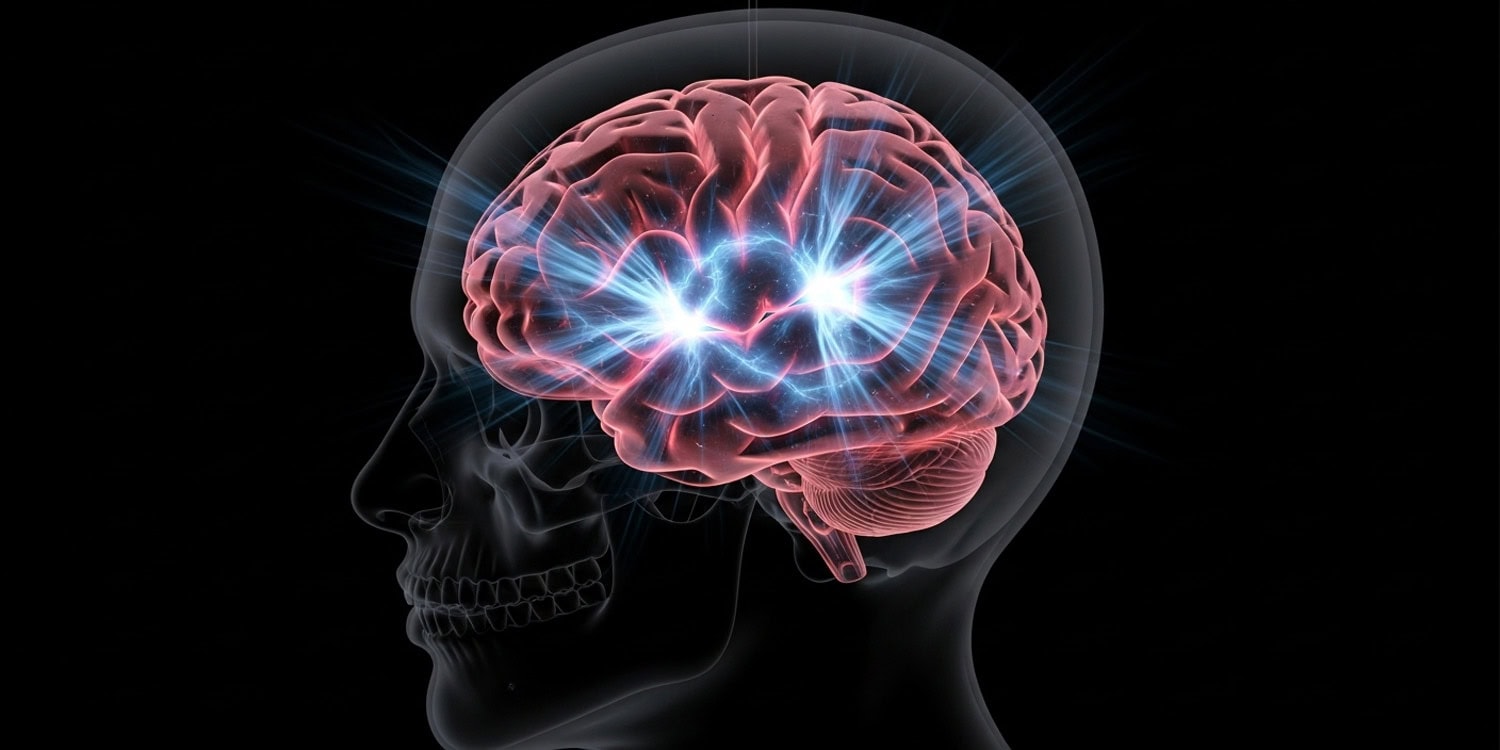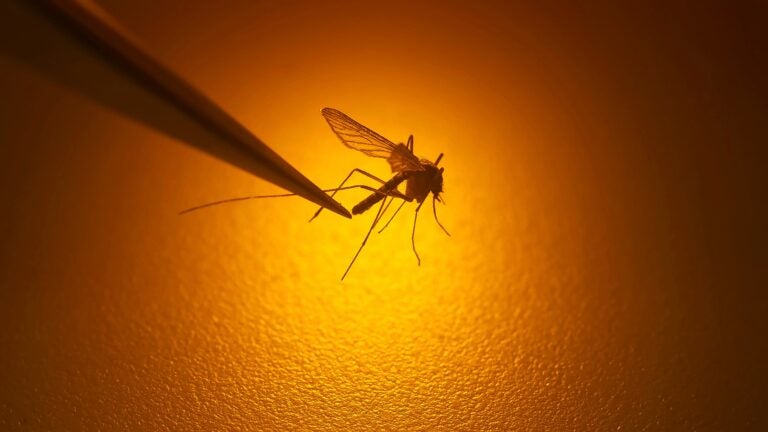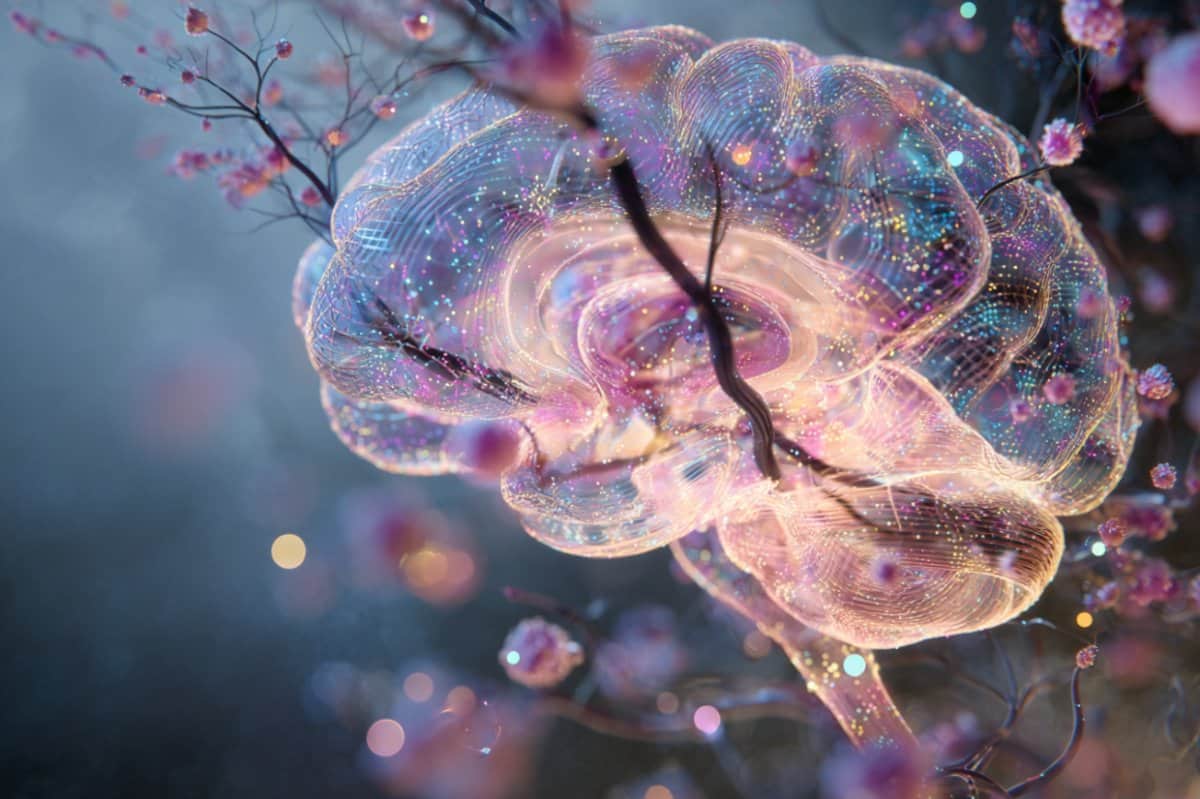T4K3.news
Microplastics detected in human brains
New research indicates the presence of microplastics in human brains, but health impact evidence is still insufficient.

The accumulation of microplastics in human brains has sparked discussions about potential health risks.
Microplastics found in human brains raise health concerns
Microplastics, tiny fragments of plastic, have been detected in human brain tissue. While their presence has been confirmed, experts state that there is not enough evidence yet to determine if they pose health risks. Research highlighted the findings of a study from New Mexico, which found an increase in microplastics in brain samples from donors over time. This alarming discovery coincides with growing concerns about plastic pollution globally and upcoming UN discussions around a treaty to address it. However, some scientists urge caution, emphasizing the need for more research before drawing any conclusions about health effects.
Key Takeaways
"While this is an interesting finding, it should be interpreted cautiously pending independent verification."
Toxicologist Theodore Henry emphasizes the need for careful interpretation of recent findings on microplastics in brains.
"If there are microplastics in our brains, there is as yet no evidence of harm."
Professor Oliver Jones indicates that detecting microplastics does not necessarily mean they are harmful based on current data.
"Policy decisions cannot wait for complete data."
A report by the Barcelona Institute for Global Health urges immediate action regarding microplastics and health risks.
"The potential threat microplastics could pose requires action."
Health experts are calling for proactive measures to address the microplastics issue given the uncertainty of their effects.
The increasing detection of microplastics in human tissues highlights a crucial intersection of environmental and health issues. With plastic production set to triple by 2060, the potential long-term impacts on human health cannot be ignored. Experts agree that while the findings are concerning, they caution against jumping to conclusions without further evidence. This ongoing research signals a call to action, with many advocating for immediate policy measures to mitigate exposure, especially for vulnerable populations before a broader crisis emerges.
Highlights
- Plastic pollution is a crisis we cannot ignore any longer.
- We cannot wait for complete data to act on microplastics.
- Lack of evidence should not delay our response to environmental threats.
- Immediate action is essential to protect future generations.
Health risks of microplastics
The presence of microplastics in human brains raises concerns about potential health effects, although current studies lack conclusive evidence of harm.
The findings on microplastics underscore the urgency of addressing plastic pollution now before it becomes a more significant health crisis.
Enjoyed this? Let your friends know!
Related News

Microplastics found in human blood raise health concerns

Microplastics found in ecosystems and human bodies

Groundbreaking study reveals brain emits light

New findings reveal connections between humans and Neanderthals

Mosquitos in Massachusetts test positive for EEE virus

Study reveals striatum as key area for dopamine in the brain

Neuralink allows paralyzed woman to control computer with thoughts

Microplastics found in some of Earth's most remote areas
